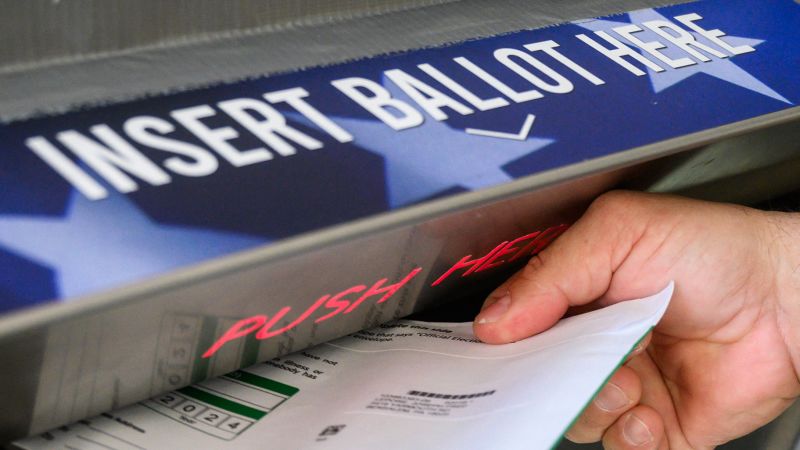Judicial Roadblock: Trump's Citizenship Voter Verification Plan Halted

In a significant legal setback for the Trump administration, a federal judge has blocked key provisions of an executive order aimed at tightening voter registration requirements. The order, which would have mandated stricter documentation proving American citizenship for voter registration, has been temporarily suspended.
The judicial intervention highlights the ongoing tension between efforts to enhance election integrity and concerns about potential voter suppression. By halting the executive order's most controversial components, the judge has effectively preserved existing voter registration processes that allow more flexible documentation.
This ruling represents another chapter in the complex legal landscape surrounding voting rights and citizenship verification. It underscores the delicate balance between ensuring electoral security and maintaining accessible voting procedures for all eligible citizens.
Legal experts suggest the decision could have far-reaching implications for future attempts to modify voter registration requirements, potentially setting a precedent for how such executive orders are challenged and interpreted by the federal judiciary.
